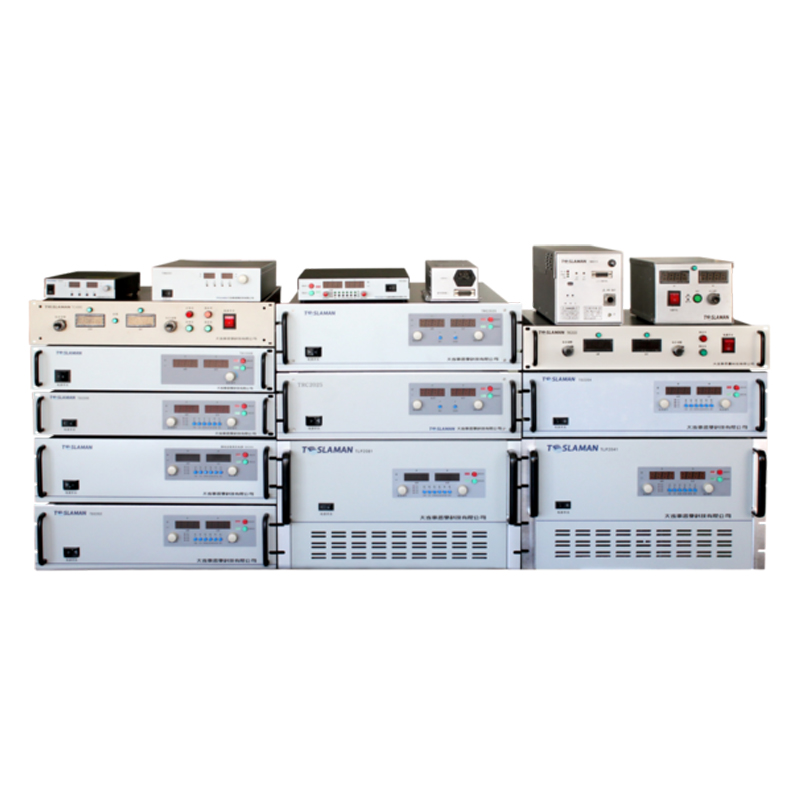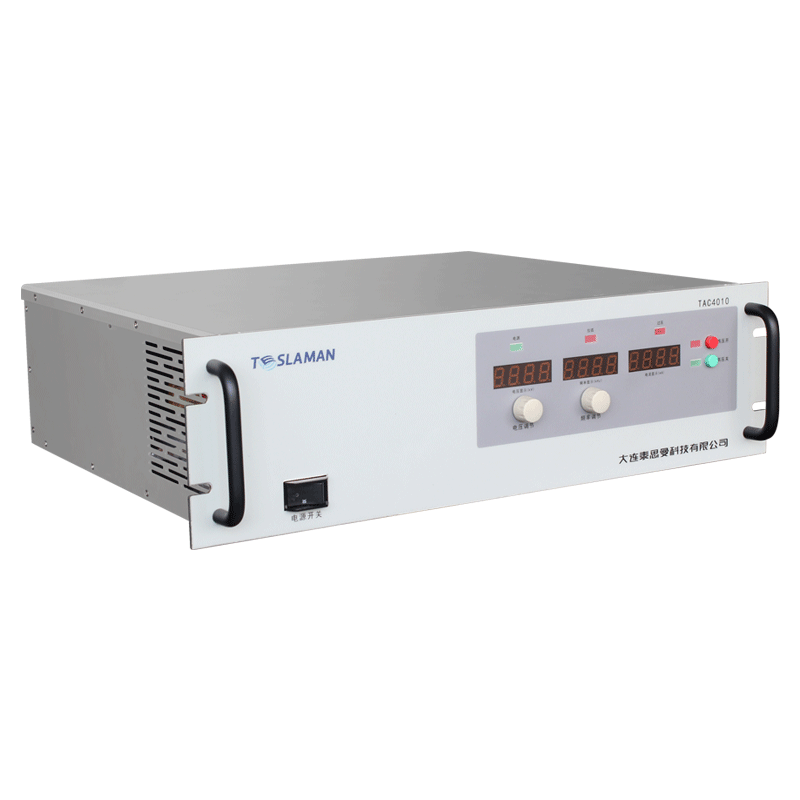Application and Performance Analysis of High-Voltage Power Supply Systems in Electric Vehicle Charging Stations
With the popularization of electric vehicles and heightened environmental awareness, the demand for the construction of electric vehicle charging stations is growing. As the core equipment of charging stations, the performance of high-voltage power supply systems directly affects the operating efficiency, safety, and reliability of the stations. This article will explore the application of high-voltage power supply systems in electric vehicle charging stations and analyze their performance characteristics from a professional perspective.
I. Application of High-Voltage Power Supply Systems in Electric Vehicle Charging Stations
Electric vehicle charging stations typically include two types of charging piles: AC charging piles and DC charging piles. Among them, DC charging piles are widely used due to their fast charging speed and high charging efficiency. As the core component of DC charging piles, high-voltage power supply systems are responsible for converting the input alternating current (AC) into stable direct current (DC) to provide rapid charging services for electric vehicles.
In charging stations, the main function of high-voltage power supply systems is to rectify, filter, and regulate the input AC power to obtain suitable DC voltage and current for charging electric vehicle battery packs. In addition, high-voltage power supply systems need to have certain protective functions, such as overcurrent, overvoltage, undervoltage, short circuit, etc., to ensure the safety and reliability of the charging process.
II. Performance Analysis of High-Voltage Power Supply Systems
1. Output Voltage Stability
The stability of the output voltage of high-voltage power supply systems is crucial for ensuring the charging quality of electric vehicles. During the charging process, the charging demand of the electric vehicle's battery pack will gradually decrease as the battery charge increases. Therefore, high-voltage power supply systems need to have good voltage regulation capabilities to adapt to changes in the battery pack's charging needs. A high-quality power system should have a wide output voltage range and be able to maintain stable output voltage under different load conditions.
2. Output Current Continuity
To improve charging efficiency, electric vehicle charging stations usually adopt high-current fast charging methods. This requires high-voltage power supply systems to have continuous and stable output current capabilities. During the charging process, the power system should be able to adjust the output current in real-time according to the charging status of the battery pack to avoid reduced charging efficiency or battery damage caused by current fluctuations.
3. Conversion Efficiency
The conversion efficiency of high-voltage power supply systems refers to their ability to convert input electrical energy into output electrical energy. A high-efficiency power system can reduce energy loss and lower the operating costs of charging stations. At the same time, high conversion efficiency also helps to reduce heat generation during the charging process and improve the environmental adaptability of charging stations.
4. Safety Performance
Safety performance is one of the important indicators for evaluating the performance of high-voltage power supply systems. During the charging process, the power system should have comprehensive protection functions, such as overcurrent, overvoltage, undervoltage, short circuit, etc., to prevent damage to equipment and personal safety accidents caused by faults. In addition, the power system should have fault diagnosis and alarm functions to facilitate timely detection and handling of abnormal situations by staff.
In summary, high-voltage power supply systems play a crucial role in electric vehicle charging stations. When selecting and applying high-voltage power supply systems, it is essential to fully consider their output voltage stability, output current continuity, conversion efficiency, and safety performance to ensure the normal operation and efficient service of electric vehicle charging stations.




















